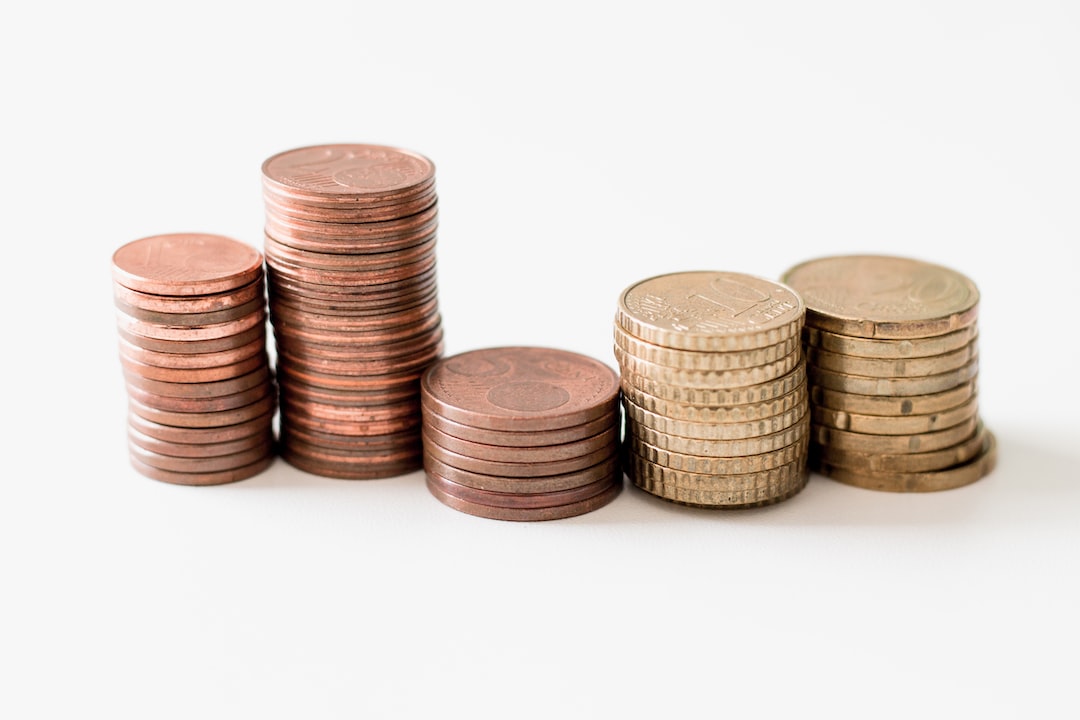Understanding the Forex Market: What Determines Its Worth?
The foreign exchange market, commonly known as the forex market, is the largest and most liquid financial market in the world. With an average daily trading volume of over $6 trillion, it offers immense opportunities for traders to profit from fluctuations in currency exchange rates. However, to be successful in the forex market, it is crucial to understand what determines the worth of currencies.
1. Economic Factors:
One of the primary drivers of currency value is the overall economic health of a country. Strong economic indicators, such as high GDP growth, low unemployment rate, and stable inflation, tend to attract foreign investors, leading to an increase in demand for the currency. Consequently, the value of the currency appreciates. On the other hand, weak economic data can lead to a decline in currency value.
2. Interest Rates:
Interest rates play a significant role in determining the worth of a currency. When a country’s central bank raises interest rates, it attracts foreign investors seeking higher returns on their investments. This increased demand for the currency pushes its value higher. Conversely, when interest rates are lowered, it reduces the attractiveness of the currency, leading to a decline in its value.
3. Political Stability:
Political stability is another crucial factor that impacts currency worth. Countries with stable political systems and low levels of corruption tend to have stronger currencies. Investors are more willing to invest in countries with political stability as it reduces the risk of sudden policy changes or social unrest that could negatively impact the currency.
4. Trade Balance:
The trade balance, which is the difference between a country’s exports and imports, can have a significant influence on currency value. A country with a trade surplus (exports exceeding imports) will experience a higher demand for its currency as foreign buyers need to purchase the currency to pay for its goods and services. This increased demand leads to currency appreciation. Conversely, a trade deficit (imports exceeding exports) can lead to a decline in currency value.
5. Market Sentiment:
Market sentiment, often driven by investor psychology and market speculation, can cause sudden fluctuations in currency value. Positive market sentiment, fueled by optimism and confidence in a country’s economy, can lead to a rise in currency value. Similarly, negative market sentiment can cause a decline in currency value.
6. Central Bank Intervention:
Central banks play a crucial role in determining a currency’s worth. Central banks often intervene in the forex market by buying or selling their own currency to stabilize its value. For example, if a country’s currency is appreciating rapidly, the central bank may sell its own currency to increase its supply and bring down its value. On the other hand, if the currency is depreciating, the central bank may buy its own currency to increase its demand and boost its value.
7. Market Liquidity:
The forex market is highly liquid, meaning that it has a large number of buyers and sellers. This liquidity ensures that traders can enter and exit positions easily without significantly impacting currency prices. However, during periods of low liquidity, such as holidays or major economic events, currency prices can be more volatile and less predictable.
In conclusion, understanding the factors that determine the worth of currencies is vital for success in the forex market. Economic factors, interest rates, political stability, trade balance, market sentiment, central bank intervention, and market liquidity all play significant roles in shaping currency values. By analyzing and keeping track of these factors, traders can make informed decisions and maximize their chances of profiting from currency fluctuations.





